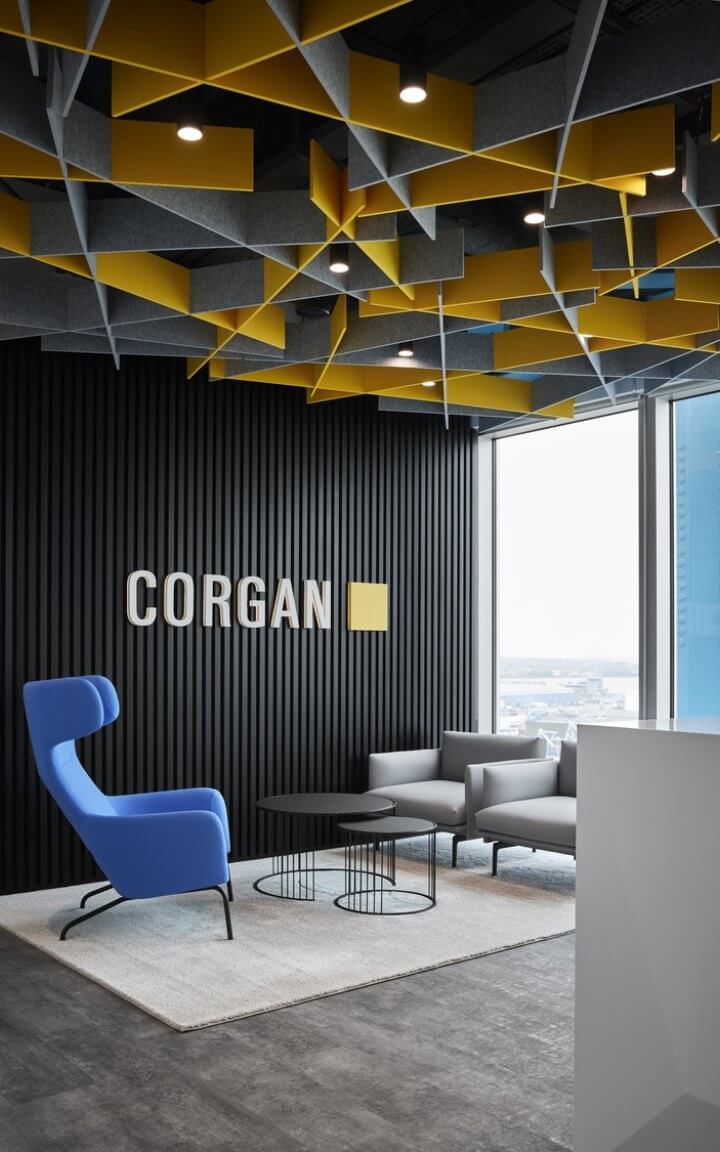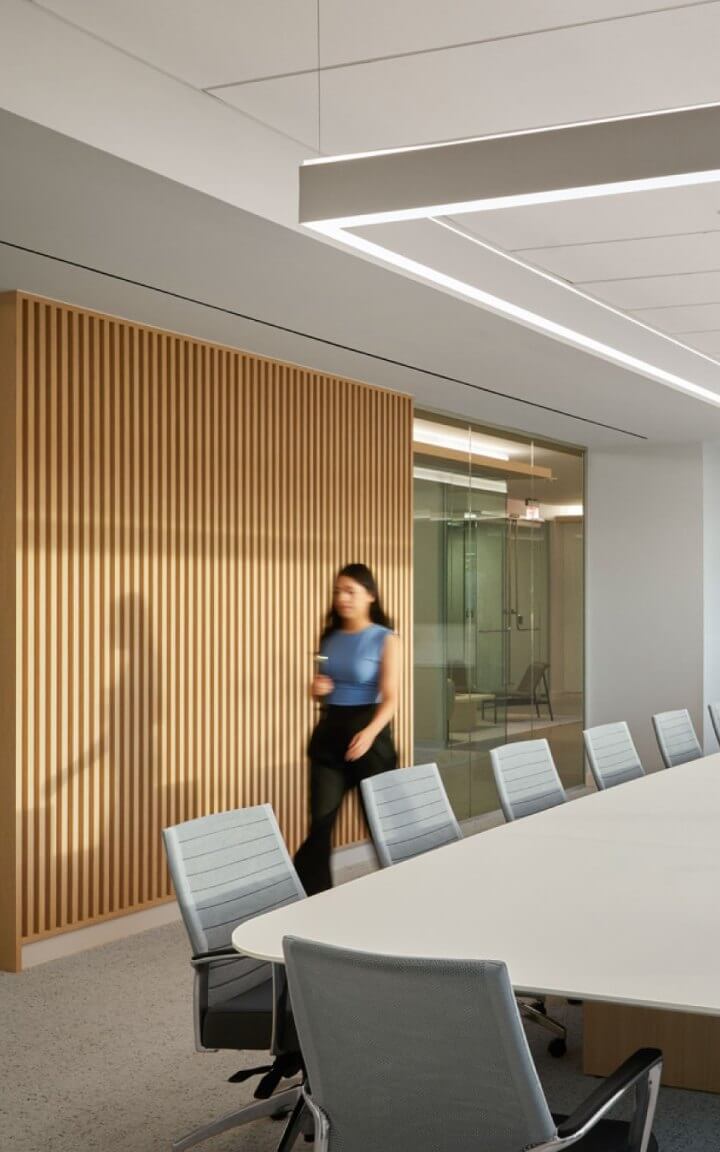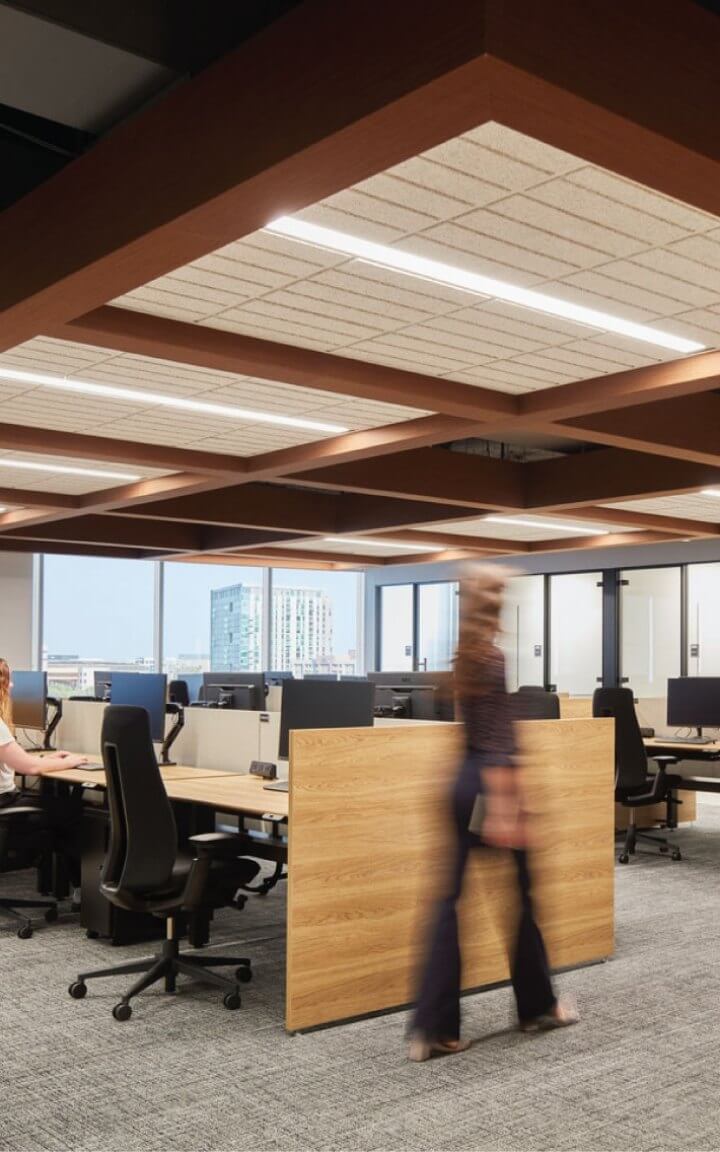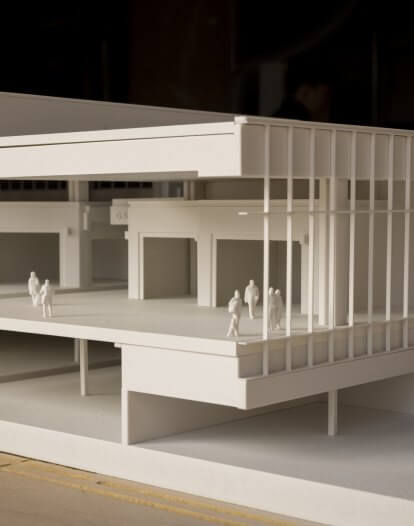Dallas Design Leaders on Office’s Existential Reckoning
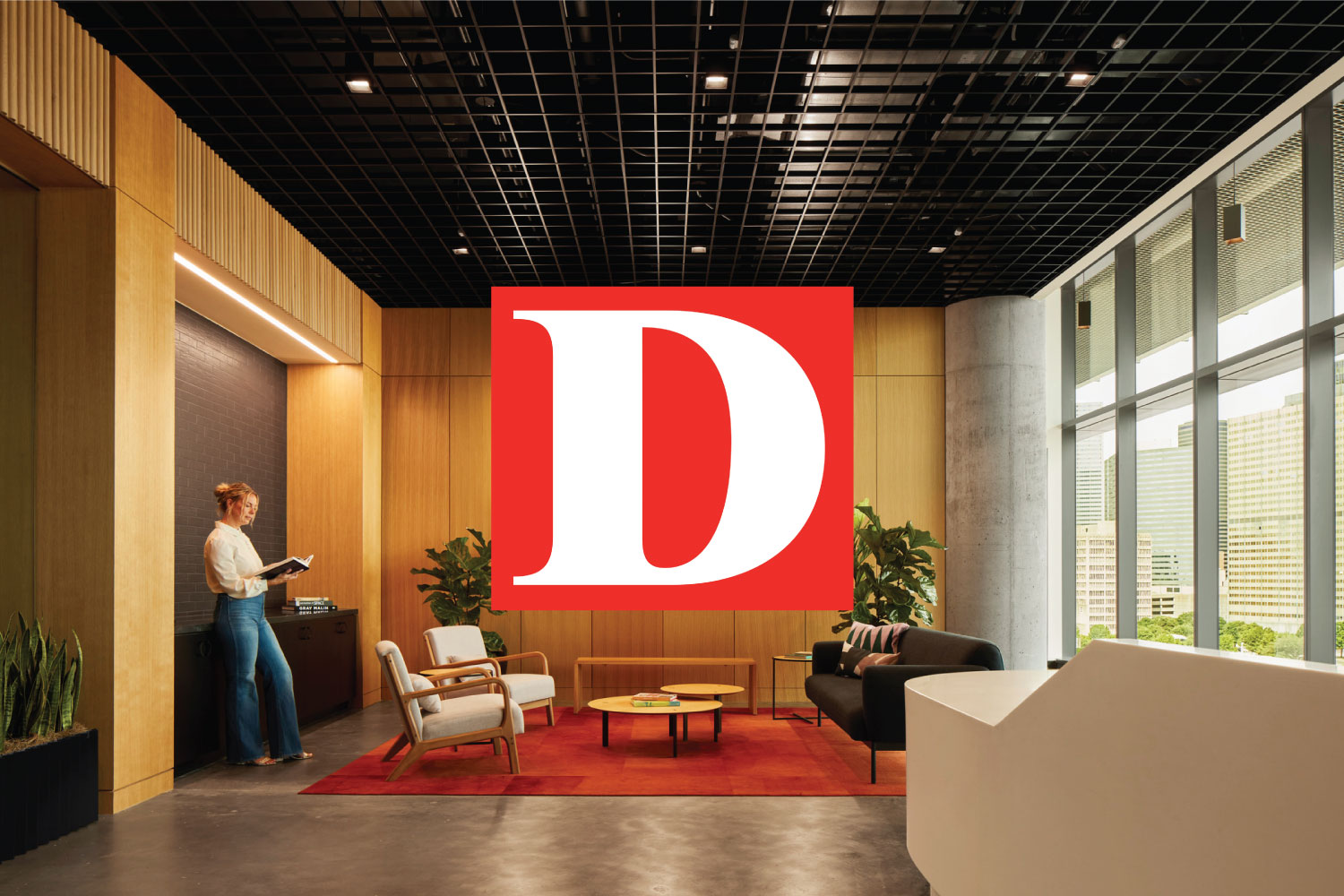
Half a decade ago, the pandemic called the very function of office space into question. Urban areas that depended on office foot traffic for economic vitality began to struggle. Ambitious, and sometimes audacious, claims were made about the future need—or lack thereof—for formal gathering spaces. Some of those talking points turned out to be fads. Others have become lasting trends.
Companies that can’t define their in-office policy tend to run into roadblocks. “The lack of a clear policy holds clients back when we talk about designing a new workplace or rethinking it,” says Lindsay Wilson, president of architecture firm Corgan. Its workplace strategy team helps clients establish their office policy through workshops, data gathering, or by having them choose from a curated range of configurations.
Regardless, before embarking on a design project, Corgan wants its clients to consider the experiential goal of their office space. “We had a client who said, ‘I want somebody to have FOMO,’” Wilson recalls.
